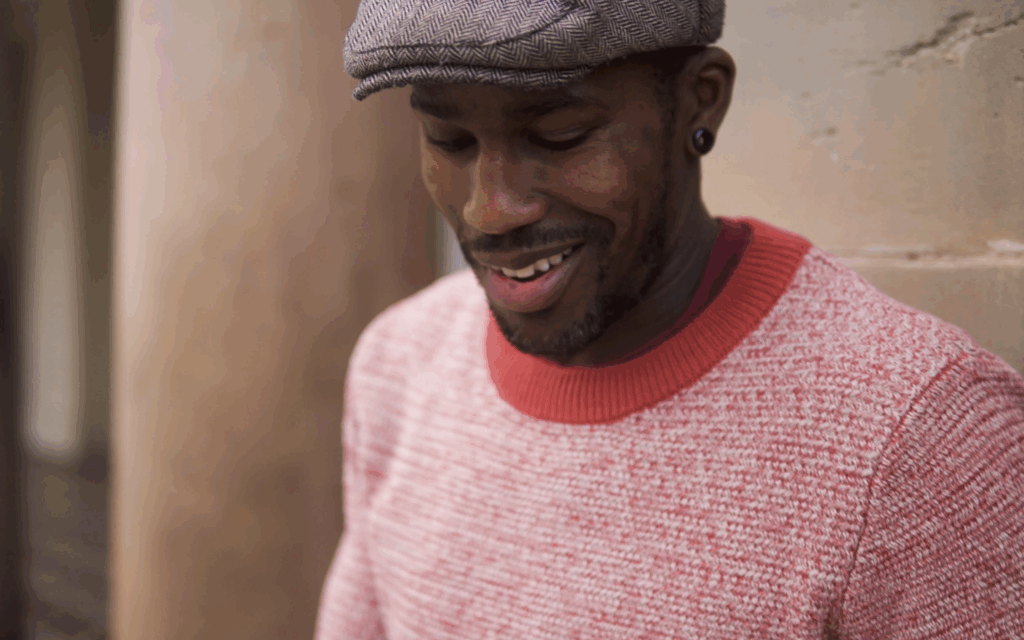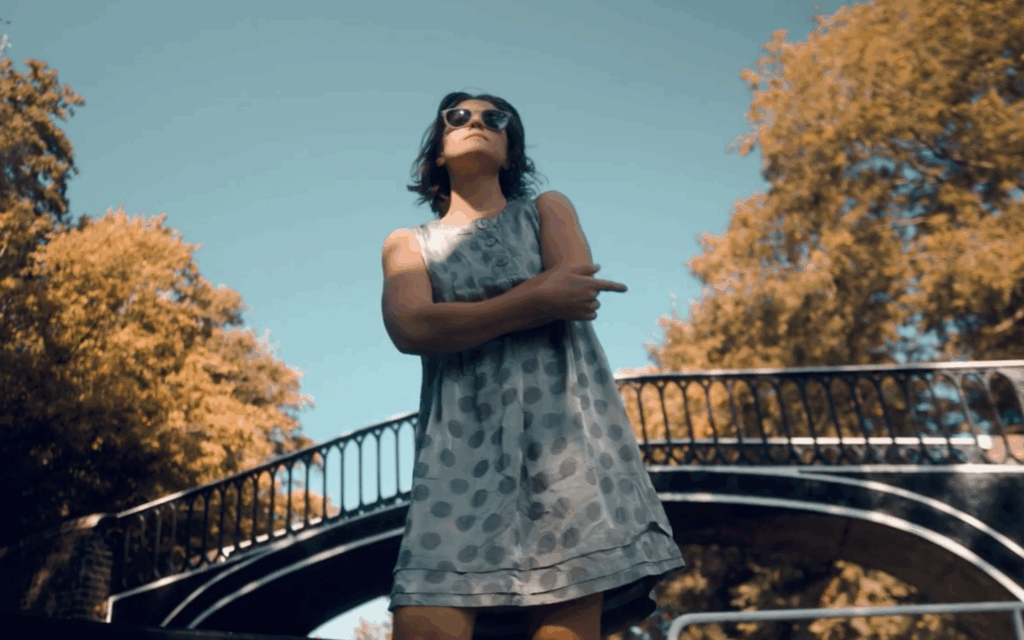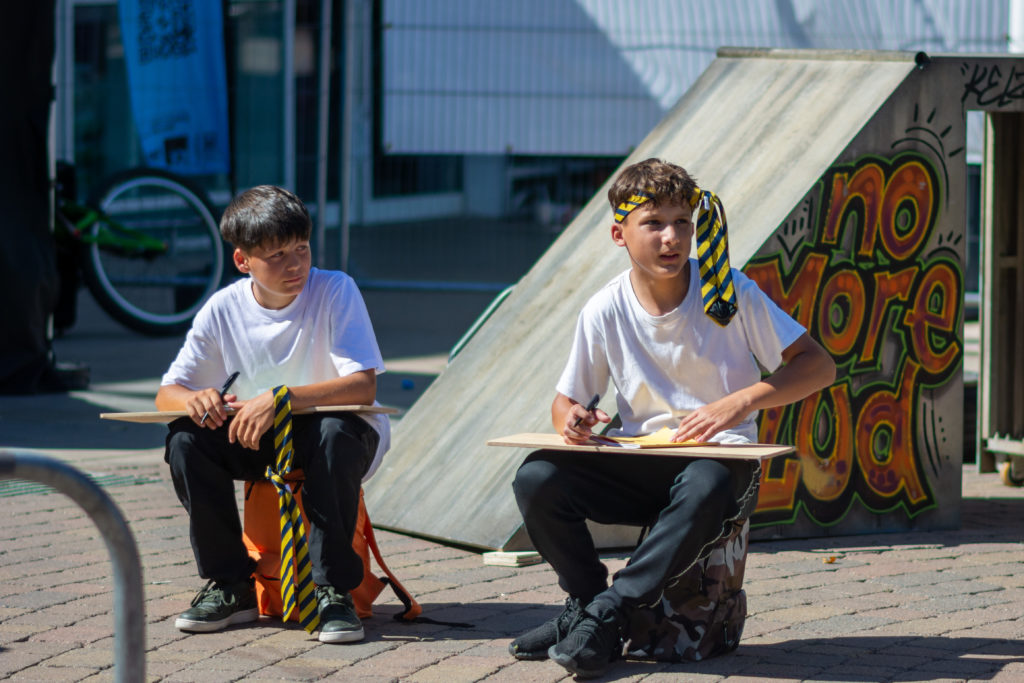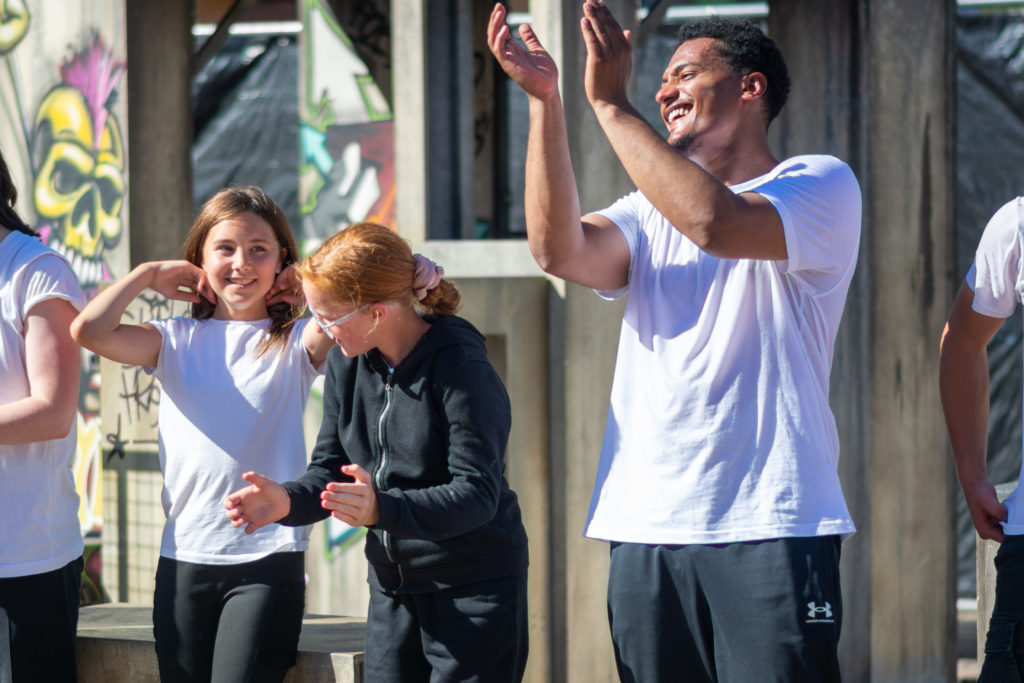Every year on 10 October, the world observes World Mental Health Day, a global reminder that mental wellbeing is not a privilege for a few, but a right that belongs to everyone. This year’s theme, set by the World Health Organisation, is “Mental health is a universal human right.” It’s a bold and necessary statement, particularly in a time when inequalities in access to support remain stark.
Globally, mental health systems are under strain. The WHO estimates that 1 in 8 people worldwide live with a mental health condition, yet more than 70% of those in need receive no treatment at all. Low- and middle-income countries, where resources are especially limited, account for the majority of this gap, but even in wealthier nations like the UK, waiting lists for mental health services are at record highs. The British Medical Association recently reported that nearly 1.2 million people are currently waiting for mental health treatment across England.
For those working in the arts, these challenges are intensified by precarious employment, funding cuts, and a culture that often prioritises output over wellbeing. The result is a sector where creativity thrives, but too often at the expense of those creating it.

Why the Arts and Mental Health Belong Together
It is no coincidence that the arts and mental health are so deeply entwined. On the one hand, the arts can be a powerful source of healing. Research from University College London shows that engaging with the arts, whether attending, participating, or creating, is linked to reduced stress, lower levels of depression and anxiety, and a stronger sense of social connection. In fact, studies have found that people who take part in arts activities are 62% more likely to report good mental health than those who do not.
On the other hand, artists and creatives themselves often face disproportionate struggles with mental health. A 2019 report by Help Musicians UK found that 69% of musicians had experienced depression, compared with 19% of the general population. Similar studies in theatre and dance reveal higher-than-average levels of anxiety, burnout, and financial stress. The irony is clear: while the arts are proven to benefit society’s wellbeing, the wellbeing of those who make art is often overlooked.

Justice in Motion: Wellbeing as Practice, Not Afterthought
At Justice in Motion, we believe the arts must not only represent the world as it is but also model the world as it could be. That means placing care and mental health at the heart of creative practice.
From the outset of any project, we build space for wellbeing check-ins, reflection, and dialogue. We know that the issues we explore, from exploitation to social injustice, are often heavy, and that working with young people, survivors, or marginalised communities requires deep responsibility. Our safeguarding structures, pastoral support, and culture of openness ensure that participants, collaborators, and performers are not left carrying the weight of the work alone.
For us, wellbeing is not a box to tick. It is part of the artistry itself. Just as we plan choreography, rehearsals, or residencies, we plan for mental health. Because creating meaningful work requires more than technical excellence, it requires people to feel safe, supported, and valued.
Creativity as a Right, Not a Luxury
The Universal Declaration of Human Rights affirms that everyone has the right to participate in cultural life and enjoy the arts. But this right is not evenly shared. Cuts to arts funding in schools and communities mean that access is increasingly determined by privilege. The people most likely to benefit from the mental health effects of the arts, young people, marginalised groups, and those in crisis, are too often the ones excluded from it.
This is why it matters to see creativity and mental health as intertwined rights. Access to the arts can provide:
- Expression: A way to process experiences that may feel unspeakable.
- Connection: A sense of belonging that counters isolation, one of the strongest risk factors for mental illness and suicide.
- Imagination: The ability to envision futures beyond present hardship, a critical ingredient in resilience and recovery.
These are not luxuries. They are lifelines.

Looking Forward: Justice in Motion’s Commitment
In our production CODE, we have seen first-hand how creativity can shift mental health outcomes. Young people who enter our residencies often begin unsure, isolated, or struggling with confidence. By the end, they walk away with not only new skills but also new friendships, greater self-belief, and a sense that their voice matters. For many, this is as transformative as the performance itself.
As we look ahead, we remain committed to ensuring that the arts are not just platforms for stories, but places of care. We see every workshop, rehearsal, and performance as an opportunity to affirm mental health as a right, not an afterthought.
This World Mental Health Day, we invite you to join us in recognising both mental health and creativity as universal human rights. Together, we can:
- Advocate for access: Support policies and organisations that ensure everyone, regardless of background, has access to both mental health services and the arts.
- Challenge stigma: Open conversations about mental health in creative spaces and beyond, normalising the idea that asking for help is a strength, not a weakness.
- Prioritise care: Whether as an artist, educator, or audience member, commit to creating environments where wellbeing is valued alongside performance.
Because when creativity and mental health are treated as rights, not privileges, they become tools for building not only stronger individuals, but stronger communities.

Sources
- World Health Organization. World Mental Health Day 2025. WHO, 2025. https://www.who.int/campaigns/world-mental-health-day
- Office for National Statistics. Mental Health in the UK: 2024 update. ONS, 2024. https://www.ons.gov.uk/
- British Medical Association. NHS waiting lists: mental health services. BMA, 2025. https://www.bma.org.uk/
- Help Musicians UK. Can Music Make You Sick? 2019. https://www.helpmusicians.org.uk/
University College London. Arts engagement and mental health: evidence review. UCL, 2019. https://www.ucl.ac.uk/
Photo (c) Michael Lynch
Photo (c) John Cairns
Photo (c) Ben Drabble